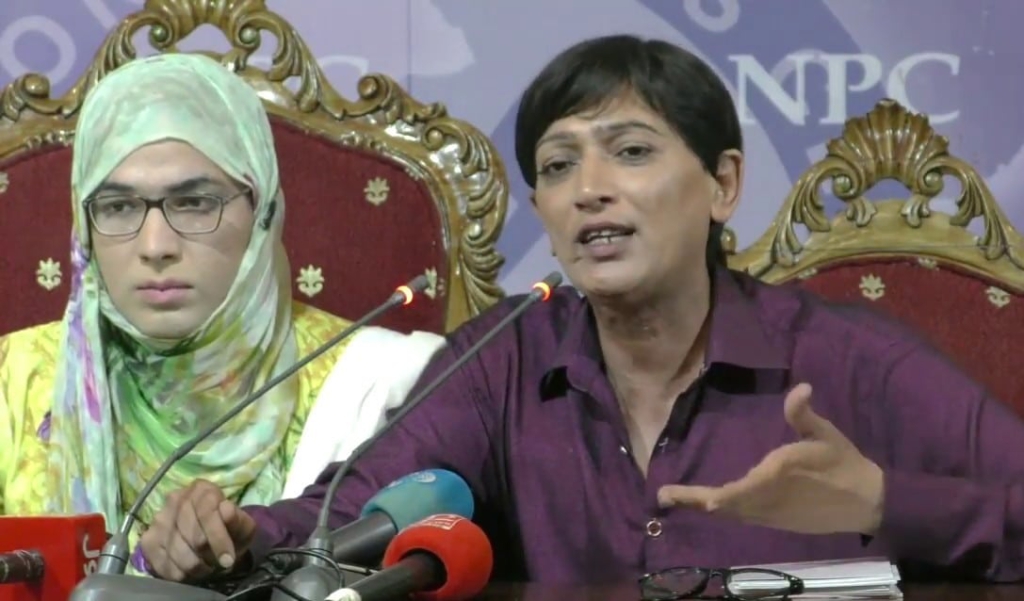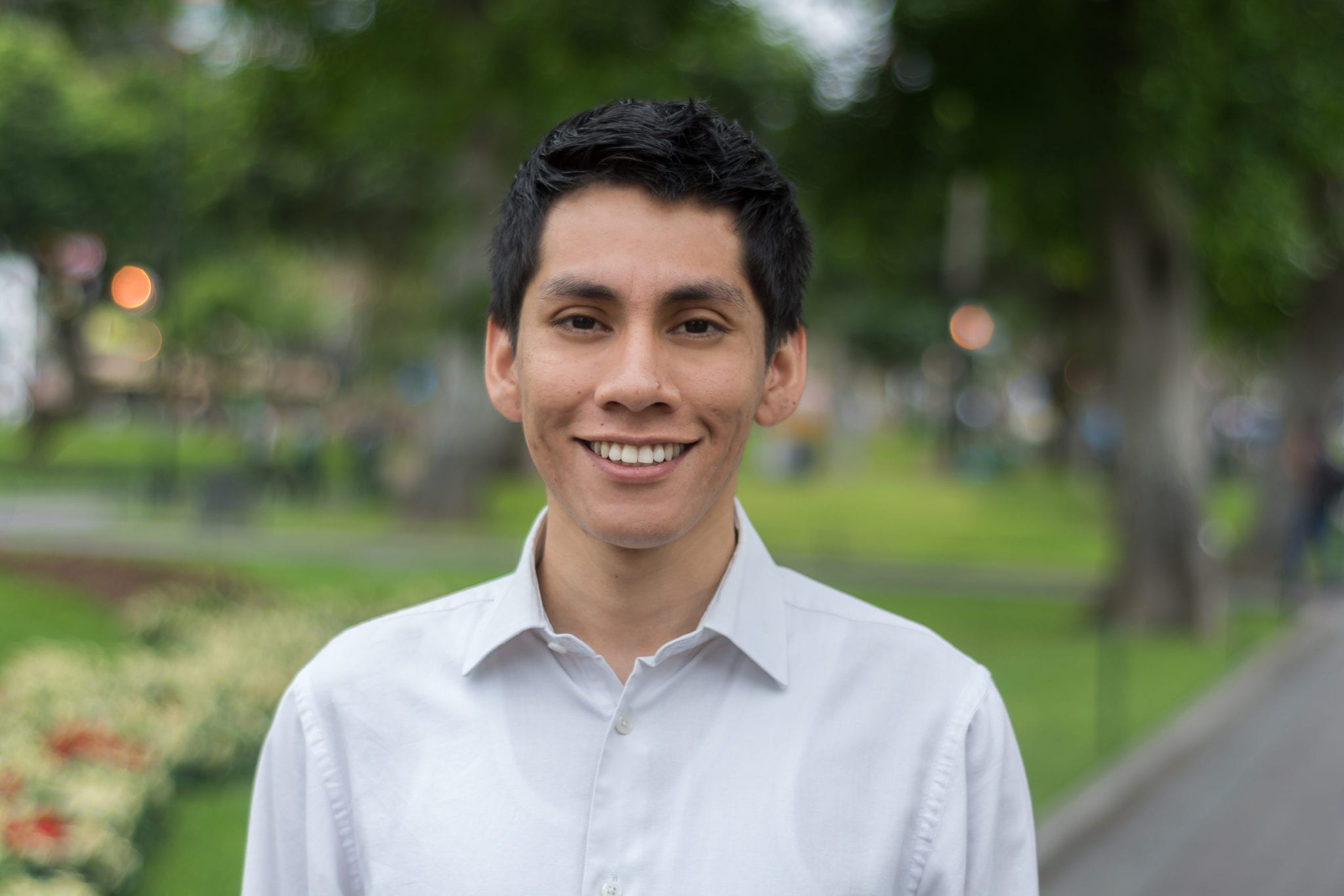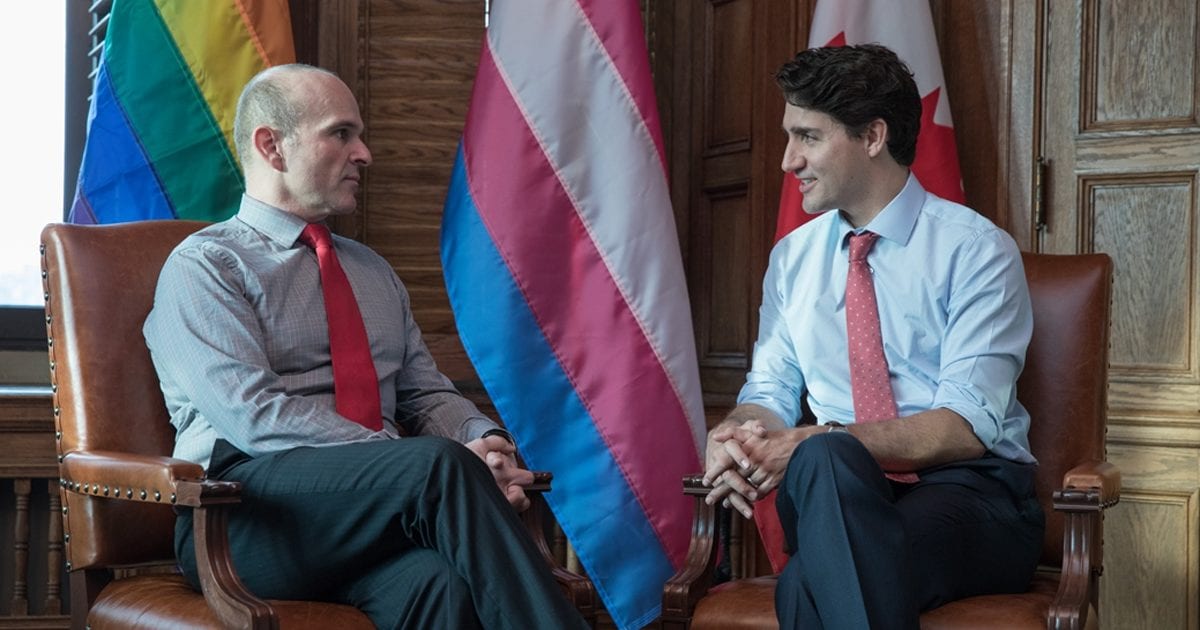
Image: Right is Nadeem Kashish, radio host and transgender activist. Left is Nayyab Ali, activist from the All Pakistan Transgender Election Network. Both were candidates in July 25th’s elections.
On July 25th, Pakistan held elections for parliament on the national and provincial levels. These elections were special for two reasons: the incumbent Prime Minister was barred from running again per a 2015 Pakistan Supreme Court Case and history was made with five transgender candidates running for office! There were three races in the national legislature and two races in provincial legislatures. This number of nominees is the highest thus far for Pakistan.
Originally, thirteen transgender candidates were running for office in Pakistan, but the others were forced to end their campaigns due to the cost candidates are required to pay to file candidacy. One of the five who ran is Nadeem Kashish, who was unable to spread her message via traditional means other candidates with more resources were employing. She instead used her radio show to spread her message.
The general results were controversial as the incumbent political party initially disputed the results, but they came to accept them as valid. Controversy has been created via the treatment of transgender voters and workers as well. The Election Commission of Pakistan hired transgender polling place observers to ensure that the poll workers were being treated fairly. One of these observers claimed she and 25 of her colleagues were not allowed inside polling places. She claims that in one of the four provinces of Pakistan, Khyber Pakhtunkhwa, no transgender individuals were allowed to vote due to them not presenting as they appeared on their IDs.
Of the five who were running, none won their race. However, this is not the end for transgender rights and visibility in Pakistan. It is only the beginning. Last year, a trans woman became a newsreader on national television for the first time. In May, Pakistan’s parliament passed a law banning discrimination against transgender and intersex people, and back in 2009 Pakistan allowed a third gender option for IDs. The road to representation in their democracy may be a long one, but the Pakistani transgender community has already made strides and will continue to do so.
Transgender Indians face similar challenges to their Pakistani neighbors. LGBTQ Victory Institute is active in the region, as we have partnered with the Solidarity Foundation in India to carry out trainings of candidates, and to provide fellowships for out officials. One of our fellows was recently appointed to a lower court.

